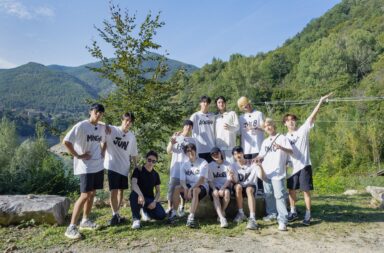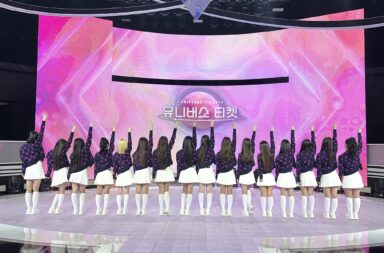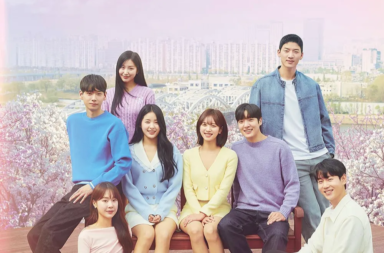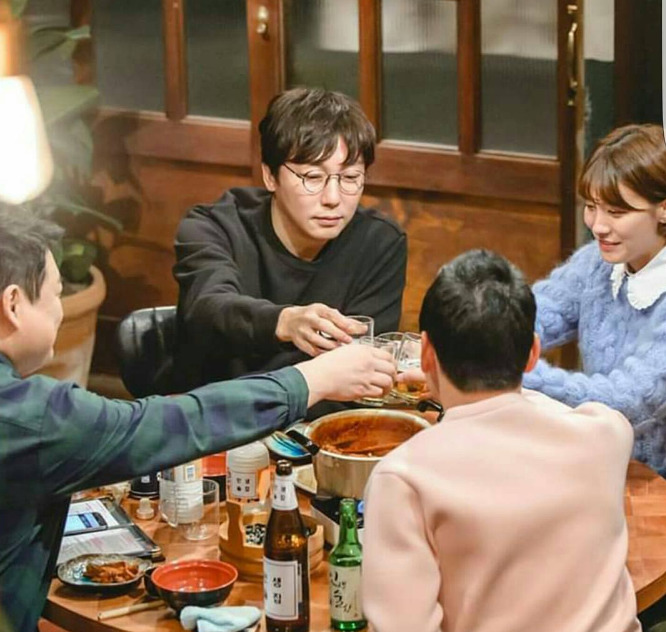
The hilarious drunk antics of the main lead commonly seen in Korean dramas hide a deeper societal issue of the country. South Korea has been struggling with excessive drinking for years. In fact, South Korea’s rate of episodic drinking (or binge drinking) is as high as 33% according to the Global Health Observatory, making this a national health concern.
As a result, one of the country’s efforts in curbing this problem is to regulate the portrayal of alcohol on mainstream media. The Korea Communications Standards Commission’s regulations stipulate that “alcohol consumption, smoking, speculative acts and extravagant spending” need to be expressed with prudence so as not to “romanticize or encourage” said acts.
Yet, this criteria is arguably ambiguous. For example, tvN‘s Life Bar, which features the hosts and guests sharing conversations over drinks, has aired for four years, a considerable time for a variety talk show, gesturing to the fact that drinking on a nationwide network (albeit one on cable) is not prohibited. At the same time, the show has also received multiple warnings from the Korea Communications Standards Commission during its four years for its focus on alcohol rather than the hosts’ conversations, which violate the regulation of not “romanticiz[ing]” or “encourag[ing]” drinking. After all, is it possible to showcase alcohol without the mirth that comes with it?
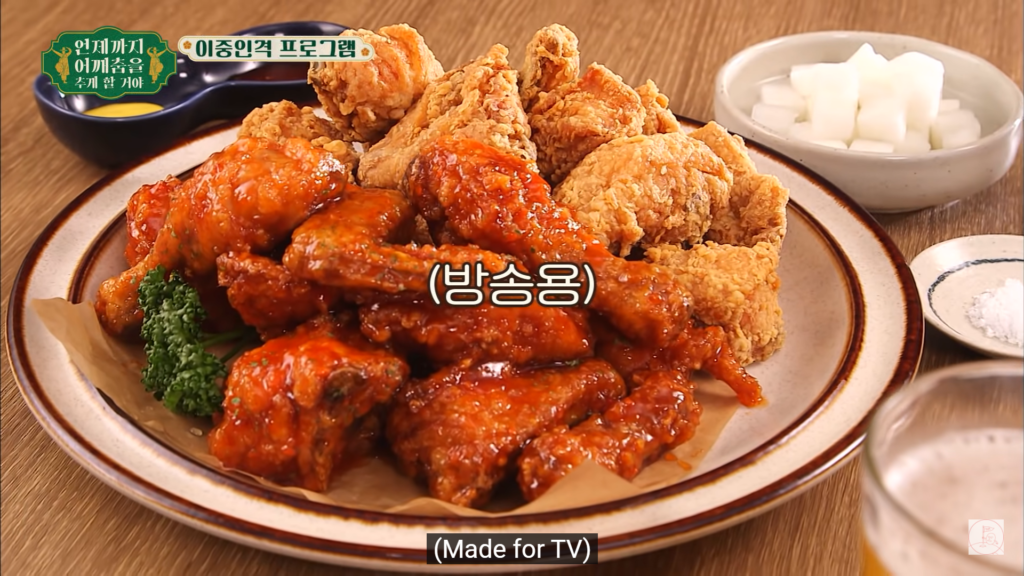
In the climate of South Korea tightening its censorship of alcohol, including banning drinking scenes on soju commercials, a YouTube variety show, Channel Fullmoon‘s Things That Make Me Groove starts airing. Unlike idol-run YouTube channels, the show is backed by a major broadcasting channel, tvN, further strengthening its presence on the online streaming platform, and unlike variety shows on its mainstream channel, Things That Make Me Groove is able to bypass certain broadcasting regulations.
The show airs a five-minute snippet on tvN’s television broadcast, disguising it as a mukbang (eating broadcast) that Super Junior‘s Kyuhyun hosts with his friends. On YouTube, its full episodes, broken into parts spanning from ten to twenty minutes, reveal that the show is really centered around alcohol.
A nod to tvN’s New Journey To The West, which is similarly directed by Na Young-seok, the show is an extension of Kyuhyun’s character as Drunkard Cho, a nickname he earned from the cast members for his love for drinking in spite of his clean image as a ballad singer. Fans of Kyuhyun would also know that he has already done “alcohol broadcasts” on his own YouTube channel, where he has drunk soju and makgeolli openly on live streams while talking to his fans.
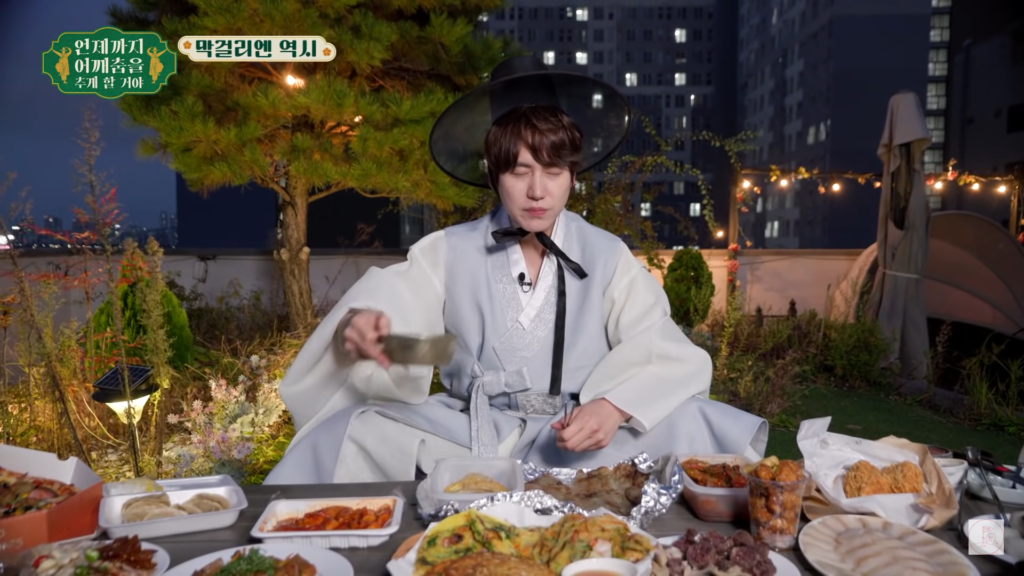
Things That Make Me Groove starts out by defining itself as a “variety show about the Art of Alcohol”. While one may start to imagine that it has an educational slant towards alcohol, the first few episodes destroy such expectations as the show does not take this claim seriously. Rather, it is played up for entertainment effect, another nod to the costume and skit elements of Na Young-seok’s New Journey to the West, as the only link between alcohol being art in the first episode is Kyuhyun dressed in traditional garb (while riding on a scooter through the market).
The essence of this show is its candid treatment of alcohol on an unofficial (or non-mainstream) platform. Every two-part episode comes with a new concept that features alcohol in varying aspects. In the first, Kyuhyun ranks different anju’s (food consumed with alcohol) compatibility with makgeolli. The second shows Kyuhyun trying out hard liquor from the 80s with his friends, while the third (as a four-part episode) shows Kyuhyun cooking and talking over drinks with fellow New Journey to The West cast members, Mino, P.O., and Jiwon. The fourth episode showcases Kyuhyun and his friends learning about traditional liquor from Dustin Wessa, all the while in a lighthearted and jovial mood.
In the context of tighter broadcasting restrictions over alcohol, one may immediately conclude that Things That Make Me Groove contributes to South Korea’s problem of excessive drinking. However, the show also reveals another side of drinking, that is its importance in Korean culture as an integral part of its cuisine, and an integral part of relationships.
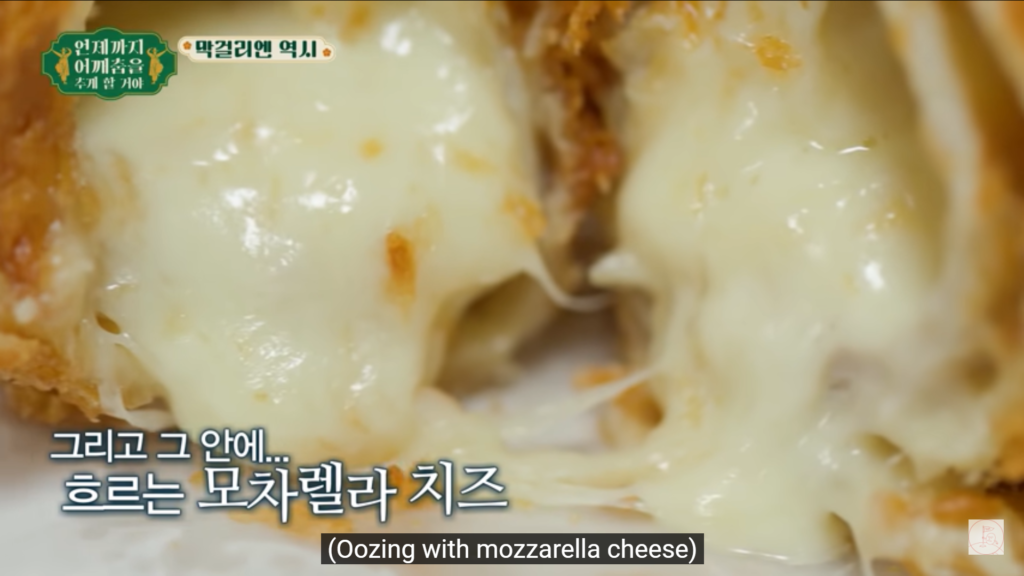
The first episode boasts a wide array of Korean cuisine, from gat kimchi to yukjeon, and even pizza and tonkatsu. The close-up shots of every dish, coupled with shots of Kyuhyun downing makgeolli in between are sure to whet any viewer’s appetite. But what makes these dishes Korean is Kyuhyun’s act of pairing it with makgeolli. The “sweet and savory makgeolli”, as Kyuhyun describes, transforms the taste of every dish, while the dish either enhances or diminishes the taste of the makgeolli. It is the relationship of both the dish and makgeolli that creates a perfect anju, something that is uniquely Korean to Korean cuisine.
Food continues to be a strong theme of the show, as seen from how Kyuhyun and his friends cook up meals to complement their drinks in two other episodes. The emphasis on food is not just because it is the “disguise” for the five-minute broadcast snippets, but because alcohol itself is a crucial part of Korean cuisine.
Alcohol is also portrayed as an important part of social life. Many of Kyuhyun’s friends, such as actor Hakyun, comedian Sehyung and Jinho, that pop up as phone-line cameos or episode guests, are what he affectionately calls his “drinking buddies”, friends made over drinks. His wide network of friends is not only made by drinks but also strengthened by them.
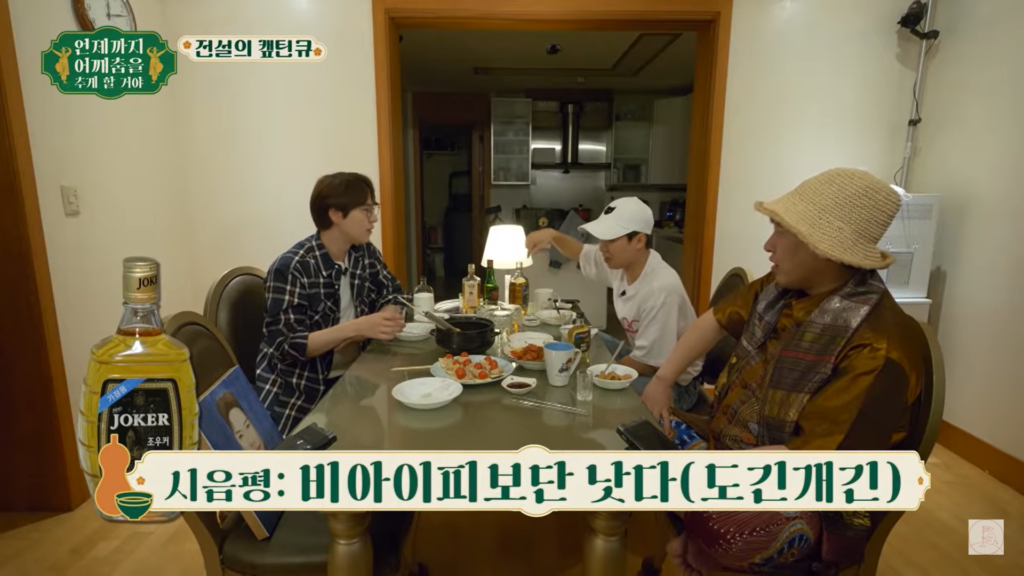
The show cheekily boasts about its candidness, constantly calling attention to how the crew leaves in the middle of the episodes so that the cast can have a more comfortable drinking session. What ensues after the crew leaves is a stream-of-consciousness-like conversation between Kyuhyun and his friends, where the conversation can start from clearing the dishes and end in a full-blown skit with all three of them crying. Alcohol plays a huge role in adding a sense of nonsensical fun to the social gatherings, which simultaneously entertains the viewers with the cast’s antics.
Undeniably, as much as a show like this portrays the importance of alcohol in Korean culture, it can also promote heavy drinking. The same episode that features Sehyung and Jinho also revolves around trying vintage heavy liquor for fun, in the name of curiosity. It is not quiet about the side effects of drinking such heavy liquor, as seen from how in a later episode, DinDin states that Jinho “had a headache for three days” and Jinho responds with, “I almost died”. Yet, with everything being conveyed in a lighthearted manner, it is hard to see people being dissuaded, and more likely that viewers would try to search for these drinks to satisfy their curiosity.
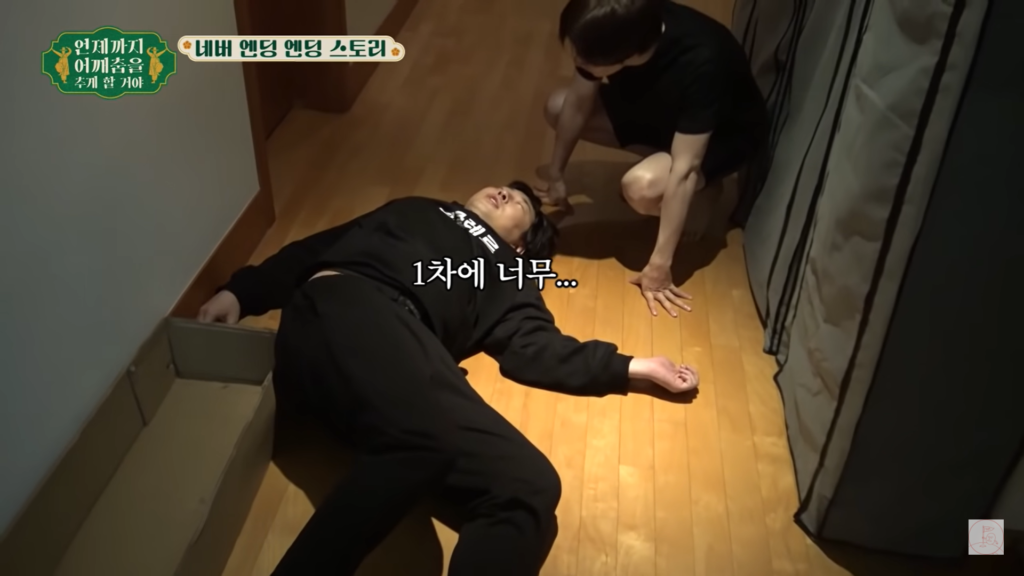
Ultimately, the show is a reflection of South Korea’s drinking culture. It also shows what broadcasts could be missing out by censoring alcohol. At the same time, it definitely portrays alcohol in a “romanticised” way that would be banned by the Korea Communications Standards Commission — especially because drunkenness is normalised with the cast’s silly antics.
Things That Make Me Groove shows that in spite of censorship laws, producers can still find other means to create alcohol related content. Perhaps instead of snuffing out broadcasts with alcohol, which would be a jarring misrepresentation of Korean culture, producers and authorities could consider how to portray non-excessive drinking in broadcasts, while still in an entertaining and fun way.
(Global Health Observatory, Korea Herald, Korea Times, Upi, Youtube [1][2][3][4]. Images via tvN)
